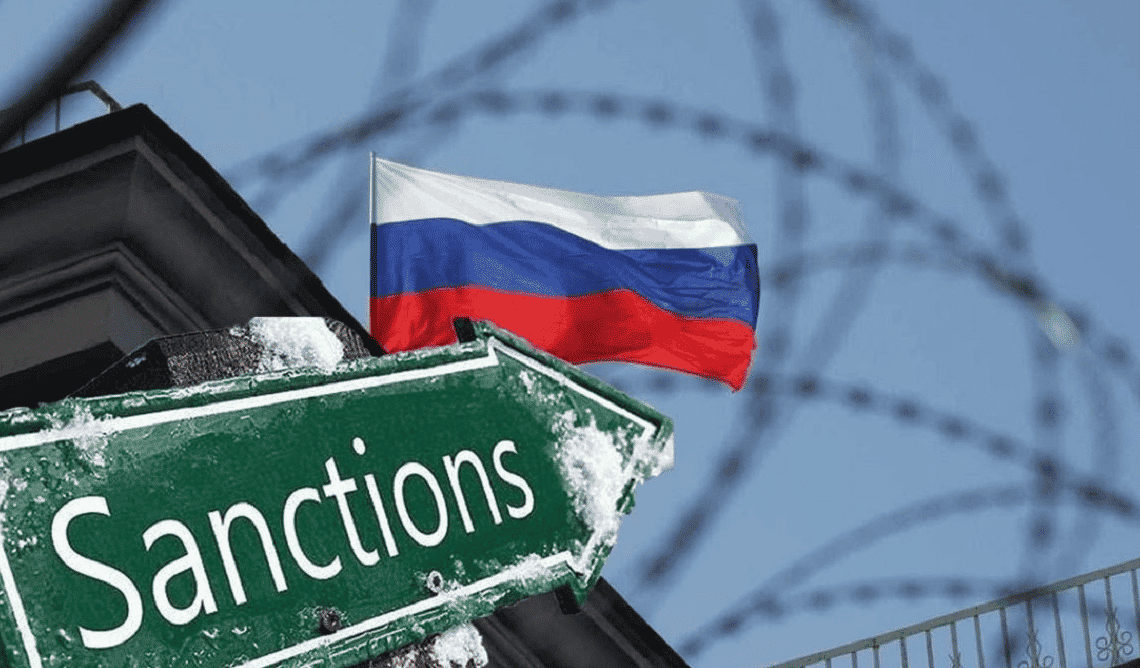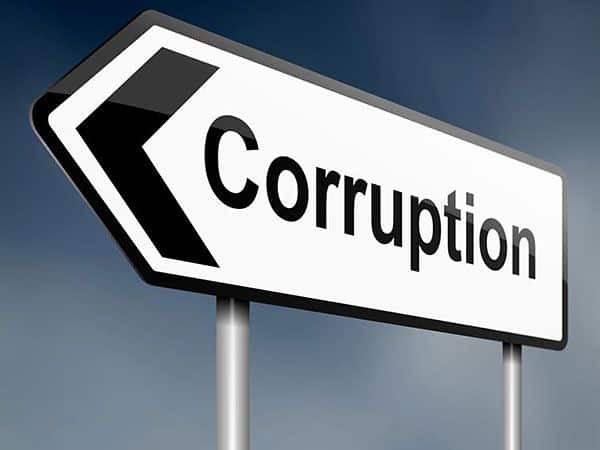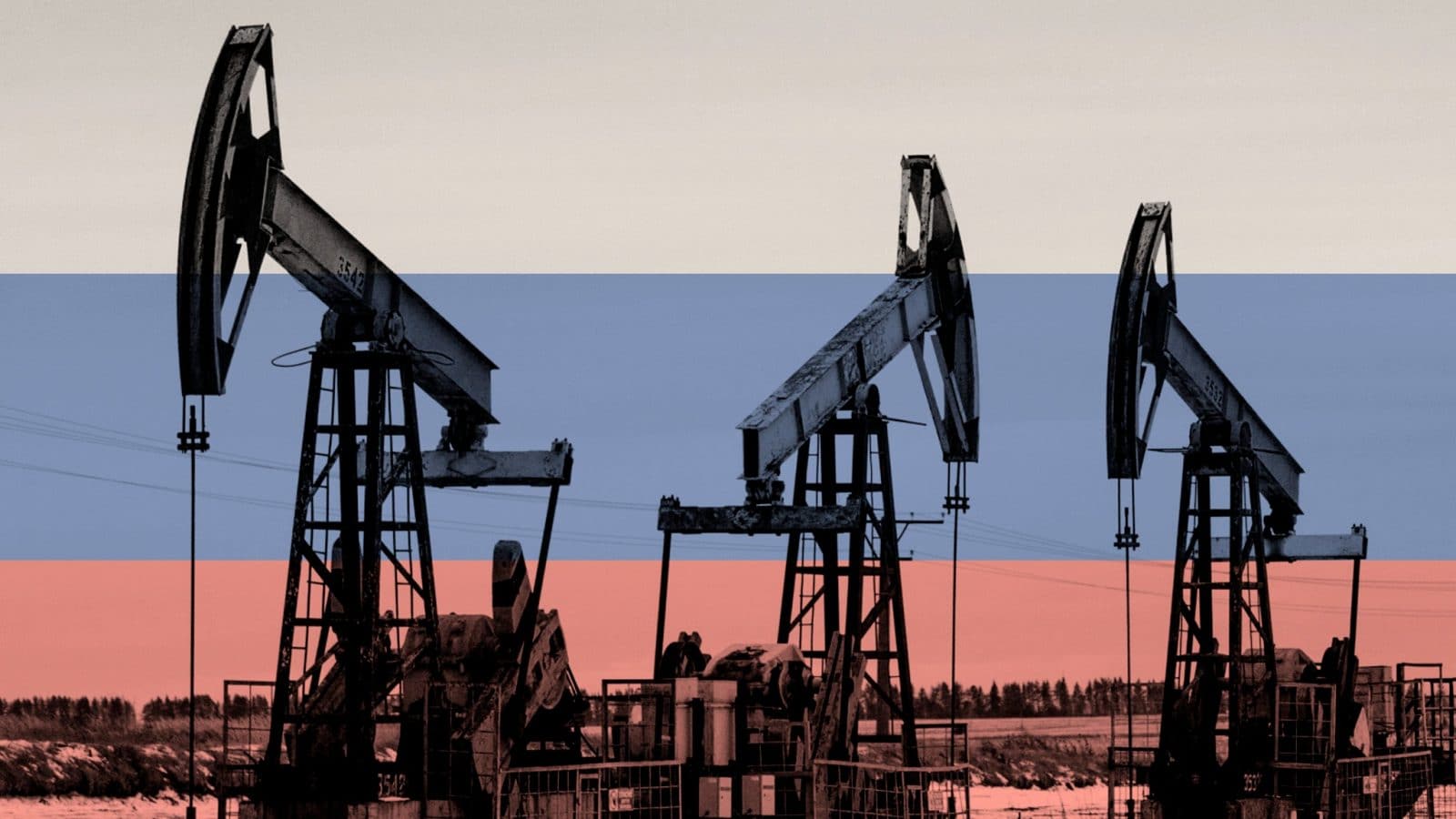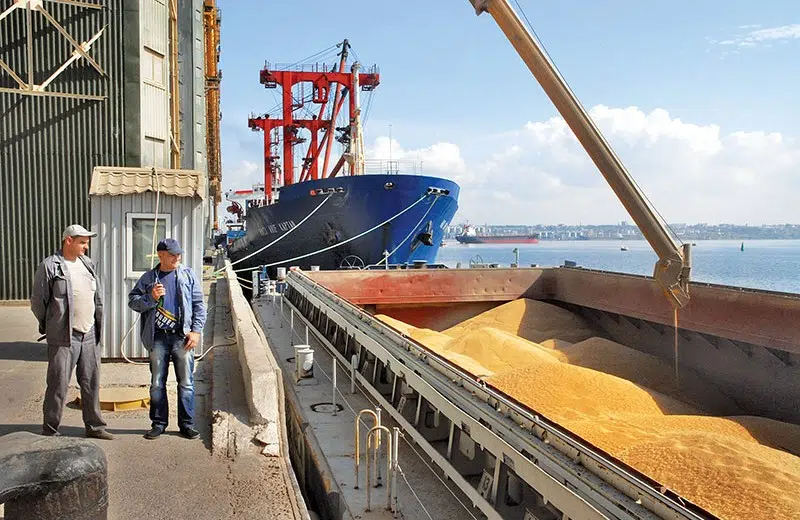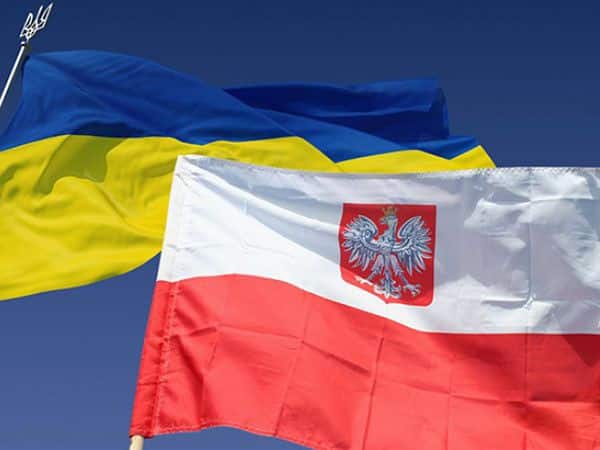Table of Contents
Due to the war in Ukraine, EU countries have blacklisted around 1,500 Russians. Over 20 billion euros of private capital owned by them have been frozen, including Italian villas, luxury yachts in German harbors, and castles on the French Riviera. However, more than 40 Russians, who can afford to pay high fees to lawyers, along with a few Russian organizations, are taking their cases to court to reclaim their assets in the EU and travel privileges. For this purpose, they have hired around 30 law firms in Europe. The names and details of these cases were revealed by the EUobserver publication based on publicly available documents from the European Court in Luxembourg (not to be confused with the European Court of Human Rights). Journalists have estimated that the average cost of one case can reach 500,000 euros. Texty (Ukrainian media outlet) provides a summarized account of the material (the order of individual storylines has been changed, but it does not affect the content).
Who is helping Russians?
According to documents from the European Court, most of the Russian participants in the legal process are based in Brussels, Paris, and Luxembourg. Some of them are located in London, Milan, and Vienna. The rest are in Geneva, Nicosia, and Prague.
Daldewolf and other Belgian firms are leading in this field: Acquis EU Law & Policy, JP Hordies Avocats, Grayston, Moretto, Seeds, and Strelia, with 38 cases in the European Court. French companies such as Astey, Acte V, Bonfiassi, Bureau Brandeis, Carlara, Far-Avocats, Kiejman-Marembert, Lectio, Muellerdaniel, Piwnica, WD Associes, and WJ Avocats are involved in 25 cases. The Austrian firm Lansky, Ganzger + Partner (nine cases) follows closely behind Daldewolf. The Italian company Campo is engaged in six cases. Four cases each involve the British firm Blackstone Chambers, the British-Chinese company Dentons, and the Swiss firm BM Avocats.
Dentons, the sixth largest law firm in the world, is the only giant involved. It represents the interests of Russian fertilizer king Andrey Melnichenko in the European Court of Justice, who wants to get back his €540 million boat called Sailing Yacht A.
Many others, such as Daldewolf, are boutique firms with a stellar reputation. For example, Lansky, Ganzger + Partner can boast a star “senior expert consultant.” Its stars include former ECHR judge Maria Berger and Elizabeth Steiner, as well as two former Austrian ambassadors to China and Turkey. And now they represent Melnychenko, Russian steel tycoon Dmitry Pumpyansky and his wife Galina, as well as coal magnate Volodymyr Rashevsky.
Belgian lawyer Alain De Jonge was the defense counsel for Princess Delphine of Belgium in 2020. Currently, he and his law firm Seeds represent the interests of Russian cigarette baron Igor Kesaev, who claims in the European Court that he was blacklisted due to “discrimination” solely because he was “wealthy” and a “Russian”.
French lawyer William Julie advises the Italian state in a high-profile case involving the extradition by France of former members of the terrorist group Red Brigades. He also serves as a legal expert on television and at EU and US conferences. Julie is currently representing Russian oil company Farkhad Akhmedov, whom EU sanctions describe as “close to the Kremlin”.
See also: United helplessness: Why international organizations do not work
In addition to oligarchs, European law firms also represent the interests of Russian state structures in the European Court. In one example, the Belgian firm Strelia represents the Russian National Settlement Depository (NSD). It also defends the interests of this structure in Belgian courts. There, the National Depository is suing the Belgian financial services firm Euroclear, which is defended by the British from Clifford Chance.
The law firm Scordis Papapetrou & Partners from Nicosia is currently representing the Russian Direct Investment Fund in the European Court.
“They were among the firms that pressured me when I was the head of the Cental Bank [from 2012 to 2014] to protect the depositors of Russian banks [during the implementation of European assistance programs – ed.],” wrote Panicos Demetriades, former head of the Central Bank of Cyprus, in an email to EUobserver. Demetriades also represented VIP Russians in Cyprus’s EU assistance program 12 years ago. “All Cypriot law firms with high-profile Russian clients are well connected to Cyprus’s political system — otherwise, the Russians would not feel protected,” he added.
The chief lawyer for Russian oligarchs seeking the lifting of sanctions is Thierry Bontinck. His office is located behind a beautiful modern-style facade on Avenue Louise in Brussels, next to the five-star Steigenberger Wiltcher hotel. His firm, Daldewolf, is highly respected in Belgium. Another partner of the firm served as the president of the association of French-speaking Belgian lawyers in 2018. Currently, Bontinck represents the interests of Russians in 15 cases at the European Court in Luxembourg, which is more than any individual lawyer in the EU. In particular, his clients include former owner of Chelsea Football Club Roman Abramovich, industrialist Oleg Deripaska, and Gennady Timchenko, a close friend of Russian President Vladimir Putin. Over the past 15 years, he has worked on over 50 cases related to EU sanctions.
“We assist clients not only in the context of the war in Ukraine but also many clients from Africa, and in the past, Syrian, Iranian, and Lebanese clients,” Bontinck told EUobserver.
“A bad person. A good case”
The EU Council has been grappling with sanction-related challenges from around the world for decades. Previously, there were approximately a dozen complaints about imposed sanctions each year. However, the wave of over 75 new lawsuits associated with Russia in the past 18 months has been described as “unprecedented” by lawyers. Russians are utilizing European law firms because participants in the proceedings at the European Court must be registered with the bar association of an EU country or the European Economic Area (EU-27 + Iceland, Liechtenstein, and Norway). Meanwhile, Russian businesses are concentrated in Brussels and Paris since many British lawyers have put their wigs on the shelf after Brexit. However, in practical politics, oligarchs also turn to boutique firms in the EU, which provide a personalized approach, as some large Western law firms consider Russia toxic in terms of reputation.
François Moise, a Luxembourg lawyer representing the interests of a Russian client, said over the phone, “When you mention Russia, people stop thinking and say, ‘I’m not going to touch it because I might be perceived as a firm that supports Russians’. It’s nonsense, but that’s how society functions now.”
“Clearly, we face pressure when representing these clients. But first, we are accustomed to it, and second, these are areas of law that are extremely fascinating and politically complex. If we didn’t enjoy these challenges, we would be practicing labor law, maritime law, or something else,” added Julie, the French lawyer, in a phone interview.
EUobserver provides examples of how lawyers deal with ethical dilemmas regarding working with Russians, citing everyone’s right to defense.
Referring to the “oath of conscience” of a Belgian lawyer, Batonnier Plasschaert says: “If you think: “I would not be a good lawyer for this person because I am disgusted by what he or she has done,” then it is your basic duty as a lawyer not to take the case. But if you can have some distance between your personal thoughts, your personal feelings and what he or she did, then it’s your job to take the case.
The lawyer specializes in labor law. However, when hypothetically asked if he would agree to represent a Russian oligarch in challenging European Court sanctions, he responded, “Yes… It could be a good case. Bad person, good case.”
“We are not our clients. Some media sometimes say, ‘Well, you have clients you deserve.’ No. That’s the point, you can have a client you don’t like,” says Plasschaert.
Lawyers for Russians in the EU: our task is to ensure the rule of law in Europe.
Four EU lawyers currently fighting cases in the European Court for Russian clients share the same perspective.
“The role of lawyers is not to take sides in conflicts or politics, but solely to defend people according to the law. We work with our clients to determine our mandate, which, while respecting professional secrecy, never entails the defense of ideology, government, or, least of all, military actions, but rather the challenge of unproven allegations,” says Bontinck in Brussels.
“We do not distinguish based on nationality. This is a call for the professional legal community to ensure the rule of law in Europe during these challenging times,” adds Lansky, based in Vienna, who works on nine cases.
What is the price of reputation?
For those who willingly take on reputation, the financial reward can be significant. A comprehensive case involving European Court sanctions, including appeals, can last from 18 to 24 months and generate hundreds of billable hours for a team of partners and junior lawyers. According to several experienced lawyers who have handled cases in the European Court and spoke to EUobserver, a single case can cost over 500,000 euros. A smaller team can handle it for 150,000 to 250,000 euros per lawsuit.
According to industry experts, the 76 cases involving sanctions against Russia are estimated to be worth tens of millions of euros. For Dentons, a firm with a billion-euro turnover, this is a small sum. However, for boutique firms the size of a chocolate box in Brussels or Paris, 500,000 euros is a decent return.
Daldewolf disclosed a profit of around 700,000 euros in the National Bank of Belgium’s registry in 2021. Therefore, the 15 new Russian cases It took on in 2022 could significantly improve its financial situation. Several cases with 100 billable hours each can also mean big money for individual lawyers. Some lawyers in Belgium establish their own mini-firms, allowing a glimpse into their private finances. For example, Thierry Bontinck’s firm, Thierry Bontinck Avocat, reported a profit of 70,000 euros in 2021.
EUobserver also cites research by Novaya Gazeta (an independent Russian newspaper), which states that oligarchs have spent millions on lobbying and legal support regarding sanctions issues. According to a source within his team, oligarch Gennady Timchenko, whose personal wealth is valued at 17.3 billion euros according to Forbes, has spent approximately 14 million euros on his campaign against EU sanctions, including around 1 million euros on lawyers. Russian banker Mikhail Fridman (with a wealth of 11.8 billion euros) has reportedly spent over 5 million euros on his campaign, according to a source within his team.
In addition to presenting evidence or arguments in the European Court, Russian lawyers in the EU also send “spam letters” to EU officials, urging them to release their clients from the hook. EUObserver obtained several such letters. In a 37-page message from May 2022, a Belgian lawyer representing Abramovich published a step-by-step refutation of the EU’s accusations. In a four-page note a few days later, the same Belgian lawyer forwarded an “absolutely confidential” note from a Ukrainian official stating that Abramovich had assisted in Russian-Ukrainian “peace negotiations.”
“This further demonstrates that no restrictive measures are justified,” stated Bontinck, Abramovich’s lawyer.
This type of communication is not formally considered lobbying; lawyers refer to it as the “administrative phase” of proceedings.
But the letters from other lawyers regarding Russia may sound more like “improving the image of (Russian) clients,” which is already a violation of EU sanctions. For example, in a three-page complaint dated March 2023, 16 lawyers from Austria, Belgium, France, and Italy working on Russian cases referred to Russian individuals on the blacklist as “victims” of an absurd and unfair EU process. The letter depicted EU officials as fools who considered “questionable articles in online tabloids and anonymous blogs” as evidence. It mocked the “failures” and “gross distortions of facts” by the EU, while the authors made no annotations themselves. They also employed vivid rhetoric, describing the EU sanctions process as “poison with devastating consequences for the European Union.”
However, some oligarchs initiate proceedings in the EU Court of Justice without caring whether they win or lose, simply to give their Russian experts a reason to talk to EU politicians and media about easing sanctions, as Russian sources told Novaya Gazeta. According to the sources, the European Court of Justice litigation acts as a “cover” for Russian lobbying, and Russian clients spend most of the anti-sanctions funds on relations with the Russian government and media companies.
In anticipation of a “softening”
Formally, the provisions on EU sanctions declare that Russians listed on the blacklist, like all others, must have access to legal representation in Europe to “exercise the right to a defense in judicial proceedings.” However, EU sanctions against Russia prohibit most other legal services available to applicants before the European Court from the rest of the world. This includes a pan-European ban on commercial consultations and lobbying for all Russian companies and citizens, regardless of whether they are on the EU blacklist or not.
Associations of lawyers in Belgium and France argue that this is a flawed law, so they are taking the Council of the EU to court in order to soften the provisions.
“Basic lawyer services that provide advice unrelated to potential legal proceedings are prohibited, and these are overly restrictive conditions for us. If victims are prevented from seeking advice from a lawyer, it may be useful in the fight against Russia, so I understand the whole idea. But the problem is that by excluding lawyer services, you undermine the fundamental right of everyone,” says Plasschaert, the head of the Belgian Bar Association.
According to the proposal by the European Commission dated May 5, as seen by EUobserver, the upcoming 11th round of sanctions against Russia aims to ease the situation.
“In order to expedite the withdrawal of Russian operators from the Union market, Decision (CFSP) 2023/XXXX provides for a temporary derogation from the prohibition on the provision of legal consultancy services to legal persons, organizations, or bodies established in Russia,” it states. The exception will be valid until December 31 and will apply to “mandatory legal services. such as notarial services.”
Originally posted on Texty.org.ua. Translated and edited by the UaPosition – Ukrainian news and analytics website

